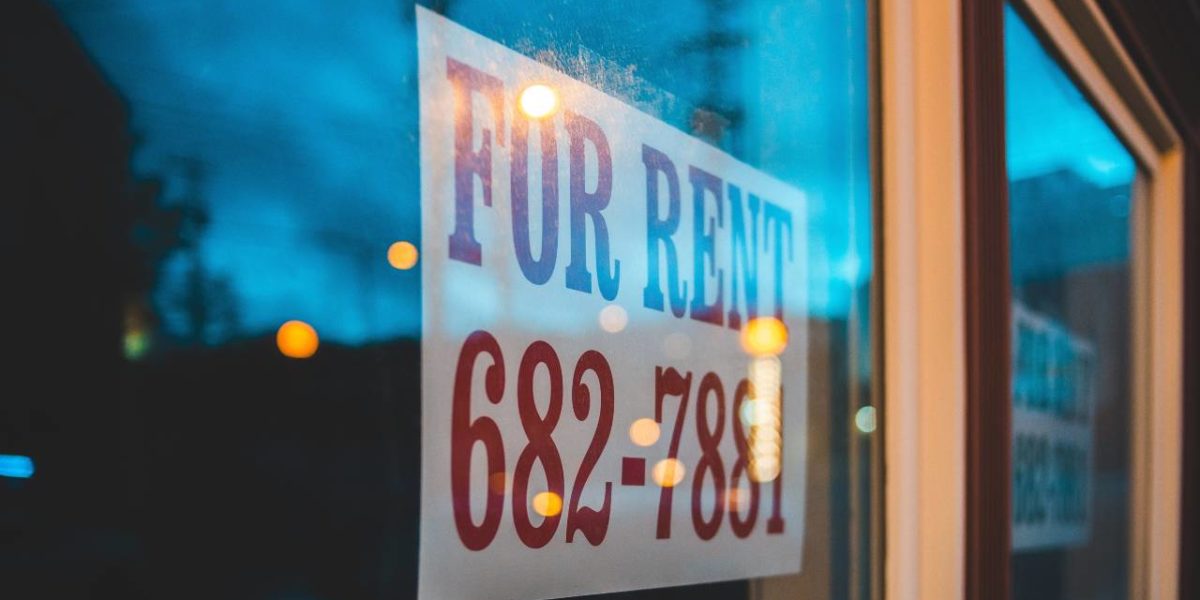The province of Quebec has imposed new restrictions on lease transfers through a new housing bill that became law on February 21. While lease transfers can still legally occur, landlords now have the right to refuse a transfer for any reason. In the past, landlords had to show that there were significant concerns about the new tenant—such as the ability to pay rent or their behaviour—to refuse a transfer.
The decision faced enormous backlash from tenants and housing advocates as lease transfers are a popular way to keep rents low, something Quebec housing minister France-Élaine Duranceau says is unfair to landlords. When a lease is transferred, all of the conditions of the lease, including the rent, remain the same, blocking landlords from dramatically increasing rent.
Bill 31 supposed to address housing crisis
An Act to amend various legislative provisions with respect to housing, also called Bill 31, does not only restrict lease transfers. Among other things, it gives municipalities that meet certain requirements the right to bypass different urban planning rules for buildings with more than three units to speed up construction and make more housing available.
New protections for tenants in cases of evictions in Bill 31 will add to some housing stability. Failure to respond to an eviction notice will not be considered an acceptance of the eviction and landlords who successfully evict tenants will have to pay tenants one month’s rent for every year the tenant lived in the unit.
In Quebec, a landlord’s only opportunity to increase rent without consulting tenants is when there are no tenants or when a unit is between leases. Rent increases are supposed to be heavily influenced by municipal property taxes, energy costs, maintenance costs, and more, but many landlords across the province take advantage of the lack of tenants to hike rents.
The problem of abusive rent hikes has become so common in the province that not only have activist groups and committees organized protests, but 14 mayors from across Quebec published an open letter criticizing Bill 31 for taking away a major tool for tenants to ensure they don’t get priced out of the market in the midst of a housing crisis.
For Minister Duranceau however, the crux of the issue lies with a landlord’s rights to make decisions about their buildings.
“Let’s say you have a landlord who owns a duplex,” Duranceau said during a press conference. “Isn’t it reasonable to think that he would be able to choose who is going to live above his head?”
Tenants and housing activists have protested Bill 31 since it was initially tabled by Duranceau in June 2023. Many view the Bill as an attack on tenants, specifically Black and Indigenous folks, as well as people of colour, who already face racial discrimination in the housing market.
By allowing landlords to indiscriminately deny lease transfers, the risk of further discrimination increases despite it being illegal.
The current situation in Quebec
The housing situation in Quebec is dire. On July 1—traditionally a major moving day across the province—over 100 families had to leave their rentals without having new long-term housing. The City of Montreal was able to temporarily house 25 of those families and Mayor Valérie Plante announced a month before moving day that the City had acquired a three-storey building with 99 units designated for affordable housing, but this is only a temporary solution.
In a study published by the Corporation des propriétaires immobiliers du Québec in collaboration with the Société d’habitation du Québec and Aviseo, the organizations estimated that the province will need at least 130,000 housing units built by 2031 to stymie the housing crisis. Their calculation was based on the projected demographic increase in Quebec and life expectancy data but made no mention of the needs of unhoused people and others who cannot afford traditional housing.
There are about 10,000 visibly unhoused people in Quebec, a number that grew 44 per cent since the last count in 2016.



